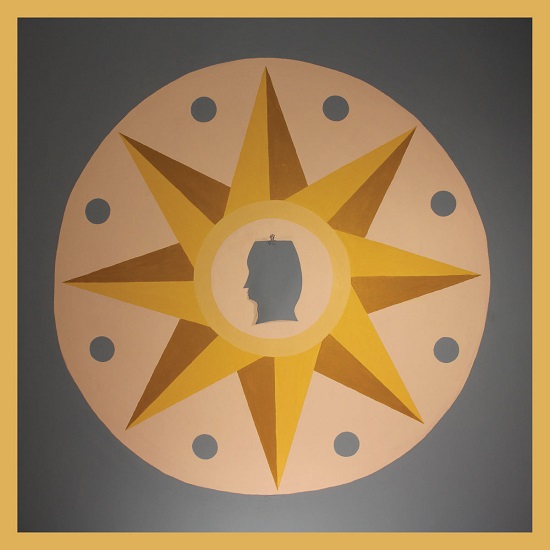One of the most captivating hallmarks of the subgenre of folk guitar known as ‘American primitive’ is the fact that it looks so far beyond the pastoral, the Romantic, the historical and the traditional to conjure its special fizzing energy, as defined by its greatest proponents from John Fahey and Robbie Basho through to more recent candle holders Sir Richard Bishop or William Tyler.
Fredericksburg, Virginia’s Daniel Bachman has undertaken a journey in recent years further and further down this path. His 2016 album River found him sliding and picking in a manner that recalled his late, great Three Lobed Recordings labelmate Jack Rose, or even the canonical works of a Jansch, Renbourn, or Graham. Pretty, mournful and a little nostalgic, Bachman’s open tunings and rhythmic playing technique made his music altogether very lovely and pleasantly familiar. His self-titled album of the same year, however, saw an expansiveness creeping into his music that manifested itself through the rich, ominous drone of ‘Brightleaf Blues I’ and ‘Brightleaf Blues II’. His devotion to a grinding, slower approach, one that incorporates many ideas beyond just the acoustic guitar, has culminated in this 75-minute double album The Morning Star, by far Bachman’s most abstract, speculative and ambitious work to date.
Eighteen-minute opener ‘Invocation’, for example, is a concoction of chimes, snatched radio recordings, white noise and industrial-sounding shards of noise that eventually leads to a drone created by a combination of Forrest Marquisee’s fiddle and Ian McColm’s harmonium, with Bachman’s guitar reduced to drowned-out improvised inflections over the top. It is an uncompromising triumph of sound assemblage, and the aesthetic returns as the album wears on. ‘Car’ is a guitarless piece made up of a one-note organ tone and badly received AM radio recordings, conveying certain undertones of urban dystopia in its confluence of sonic ephemera.
Field recordings and incidental noises are more prominent on some tracks than others, and it is somehow one of the more innocuous examples of this that becomes one of the most moving moments on the record. On ‘Song For The Setting Sun III’, Bachman offers a beautifully solemn, controlled improvisation that illustrates exactly how thoughtful an instrumentalist he has become since his debut release Grey-Black-Green from 2011. After nearly four minutes, a far-away police siren can be heard. It gets closer and closer until it seems to be outside Bachman’s window, before fading again. It is difficult to identify exactly why this siren feels so devastating against Bachman’s slow picking, but it is perhaps due to its coming in the context of that post-apocalyptic mood created on ‘Car’, combined with the image it inspires of the artist hunched over a guitar, transfixed as city life whirls around him – and indeed the knowledge that Bachman apparently had the chaos of the immediate aftermath of the 2016 US election on his mind as he approached this album.
If all this suggests that The Morning Star is a rather disquieting record, then that is not the case. These experimental techniques give Bachman’s recordings a unique intimacy and a rare openness. His is a brave music of warmth, community and generosity.


